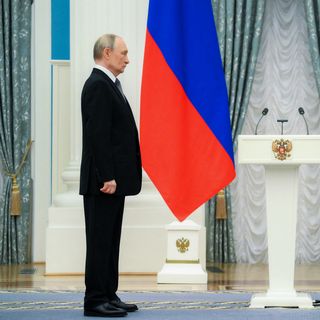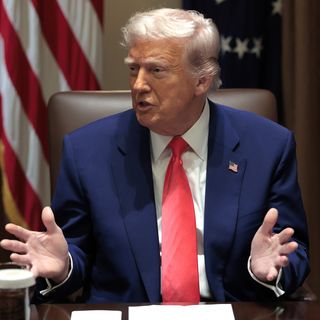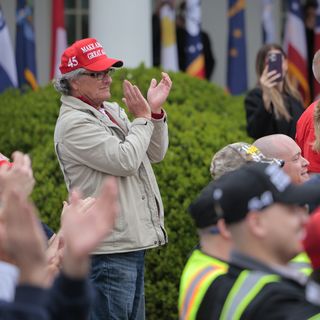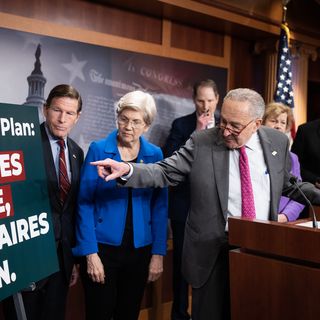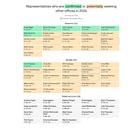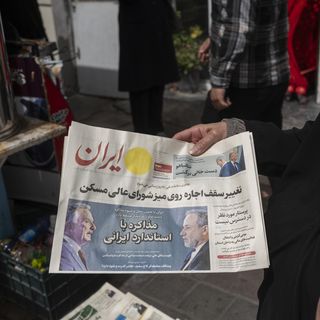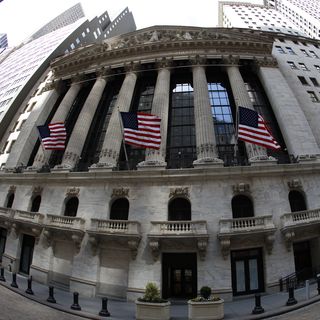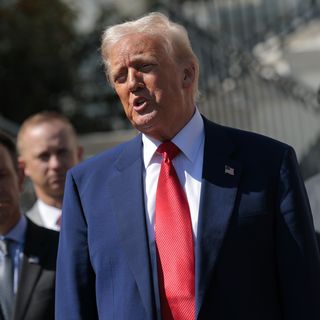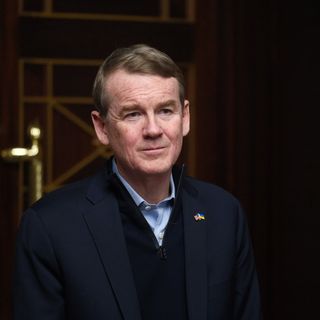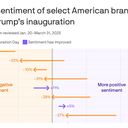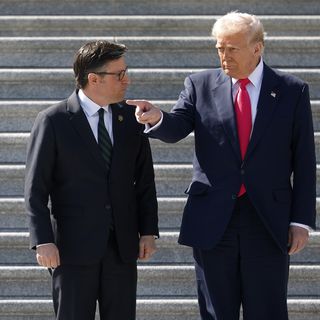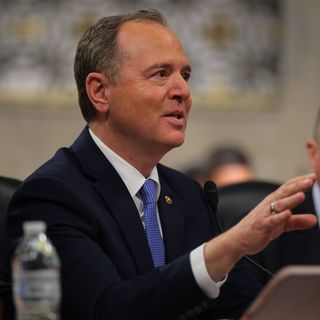Scoop: Trump envoy Witkoff travels to Russia to meet Putin
President Trump's diplomatic envoy Steve Witkoff traveled to Russia and is expected to meet President Vladimir Putin on Friday, according to a source familiar with the trip and FlightRadar data.
Why it matters: This will be the third meeting between Witkoff and Putin as Trump pushes for a ceasefire in the war between Russia and Ukraine.
Friction point: Trump has become frustrated that negotiations haven't made much progress in recent weeks, and said at one point that he was "pissed off" about comments Putin had made on Ukraine.
- If no ceasefire is reached by the end of the month, Trump could move forward with additional sanctions on Russia either through executive power or by asking Congress to pass new sanctions legislation, a source familiar with the issue told Axios.
- "We will know soon enough, in a matter of weeks, not months, whether Russia is serious about peace or not. I hope they are," Secretary of State Marco Rubio said last week on the sidelines of the NATO summit in Brussels.
Driving the news: Last week, Witkoff hosted Putin's envoy Kirill Dmitriev in Washington in an effort to break the logjam.
- While Ukraine agreed to Trump's proposal for an unconditional ceasefire, and subsequently agreed to plans for a smaller-scale maritime ceasefire, Russia made a series of new demands, including the lifting of some U.S. sanctions.
- "We are making progress. We hope that we are getting relatively close to getting a deal between Russia and Ukraine to stop the fighting," Trump said on Thursday during a Cabinet meeting.
State of play: The U.S. and Russia implemented a prisoner exchange deal on Thursday that included the release of dual U.S.-Russian citizen Ksenia Karelina.
- The negotiations on the deal were a result of a previous meeting between Witkoff and Putin in March.
- Trump said he appreciated Putin's decision to release Karelina. He mentioned Ultimate Fighting Championship (UFC) CEO Dana White told him she is the girlfriend of a UFC fighter and asked him to help in releasing her.
- U.S. and Russian diplomats met again on Thursday in Istanbul to discuss the normalization of relations between the countries.
- A State Department spokesperson did not immediatel respond to Axios' request for comment in the evening about Witkoff's trip.
